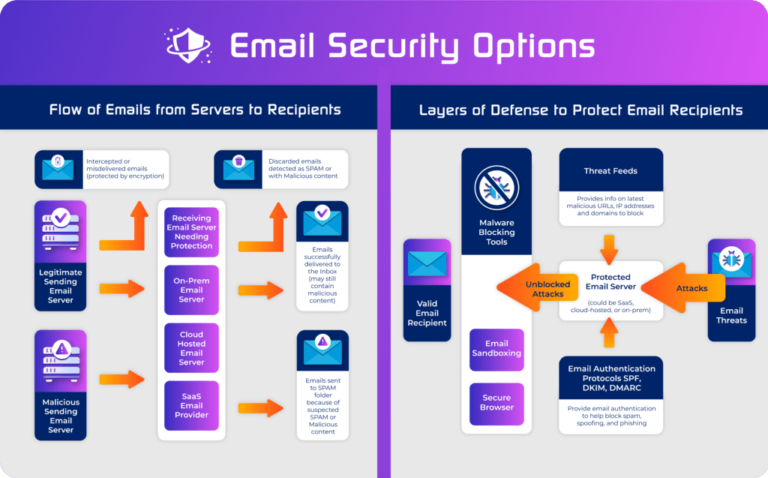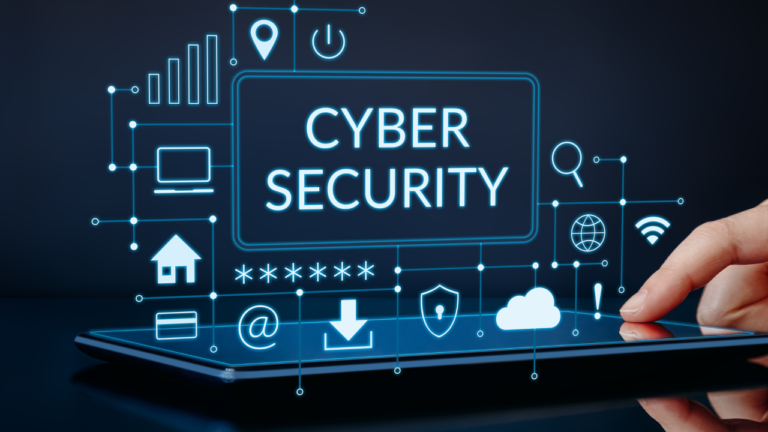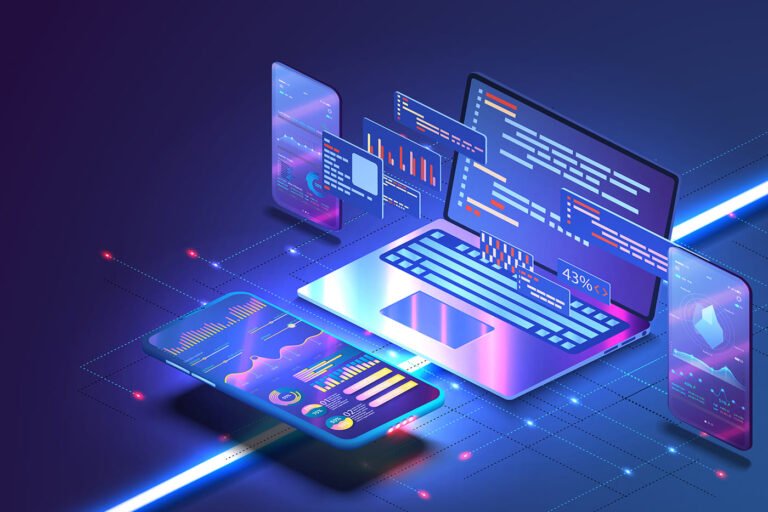We live in an era of rapid technological advancement, where groundbreaking innovations are continuously transforming the way we live, work, and interact. From artificial intelligence to blockchain, virtual reality to 5G networks, these cutting-edge technologies are revolutionizing industries and opening up new possibilities. Let’s explore some of the most impactful innovative technologies shaping our world today.

Artificial Intelligence (AI)
Artificial intelligence is one of the most transformative technologies of our time. AI involves creating intelligent machines that can perform tasks that typically require human intelligence, such as visual perception, speech recognition, decision-making, and language translation1. AI is being applied across a wide range of industries, from healthcare and finance to transportation and manufacturing.
Some key applications of AI include:
- Machine Learning: Algorithms that enable computers to learn and improve from experience without being explicitly programmed. Used for tasks like image recognition, fraud detection, and personalized recommendations.
- Natural Language Processing (NLP): Enables computers to understand, interpret, and generate human language. Powers virtual assistants, chatbots, and sentiment analysis tools.
- Robotics: AI-powered robots are being used in manufacturing, logistics, and even surgical procedures, improving efficiency and precision.
The potential of AI is immense, with the ability to automate repetitive tasks, provide intelligent insights, and augment human capabilities. However, the development of AI also raises important ethical considerations around job displacement, privacy, and the responsible use of these powerful technologies.
Blockchain
Blockchain is a decentralized, distributed ledger technology that enables secure and transparent record-keeping across a network of computers. Originally developed as the underlying technology for cryptocurrencies like Bitcoin, blockchain has since found applications beyond finance.
Key features of blockchain include:
- Decentralization: No single entity controls the network, making it resistant to tampering and censorship.
- Immutability: Once data is recorded on the blockchain, it cannot be altered or deleted, ensuring integrity and trust.
- Transparency: All transactions are visible to participants on the network, enabling greater accountability.
Blockchain is being explored for use cases such as supply chain management, digital identity verification, voting systems, and smart contracts. By eliminating intermediaries and enabling secure, peer-to-peer transactions, blockchain has the potential to streamline processes, reduce costs, and increase transparency across industries.
Virtual and Augmented Reality (VR/AR)
Virtual reality (VR) and augmented reality (AR) are immersive technologies that blur the line between the digital and physical worlds. VR creates a completely simulated environment, while AR overlays digital information onto the real world.
Applications of VR and AR include:
- Gaming and Entertainment: VR headsets provide immersive gaming experiences, while AR games like Pokémon Go have gained massive popularity.
- Education and Training: VR simulations are being used to train professionals in fields like medicine, aviation, and manufacturing, providing realistic, risk-free practice environments.
- Design and Visualization: AR allows architects and designers to visualize projects in real-world settings before construction begins.
- Remote Collaboration: VR enables remote teams to collaborate in shared virtual spaces, enhancing communication and productivity.
As VR and AR technologies continue to advance, they have the potential to transform the way we learn, work, and interact with digital content. However, challenges around cost, user comfort, and content creation still need to be addressed for wider adoption.
5G Networks
5G, or fifth-generation wireless networks, promise lightning-fast speeds, low latency, and massive connectivity. With data transfer rates up to 100 times faster than 4G, 5G has the potential to revolutionize mobile communications and enable a host of new applications.
5G is expected to drive innovation across industries, from healthcare and education to transportation and entertainment. However, the rollout of 5G networks requires significant infrastructure investment and faces challenges around spectrum allocation and security concerns.
The Future of Innovation
As we continue to push the boundaries of technological innovation, it’s clear that these advancements will have a profound impact on our lives and society as a whole. From AI and blockchain to VR/AR and 5G, these technologies are opening up new possibilities and disrupting traditional industries.
However, it’s important to approach these innovations with a critical eye, considering not only their potential benefits but also their ethical implications and potential risks. As we navigate this rapidly evolving technological landscape, it’s crucial to foster responsible innovation that prioritizes the well-being of individuals and society as a whole.
One example of responsible innovation in the online gaming industry is the emergence of trusted platforms like the roobet casino review, which provides a comprehensive assessment of the popular crypto casino. By offering transparent and unbiased reviews, such platforms help players make informed decisions and promote a safer online gaming environment.
Conclusion
Innovative technologies like AI, blockchain, VR/AR, and 5G are transforming industries and reshaping our world in profound ways. From automating tasks and enhancing decision-making to enabling immersive experiences and seamless connectivity, these advancements hold immense potential for progress and growth.
However, as we embrace these technologies, it’s crucial to consider their ethical implications, potential risks, and societal impact. By fostering responsible innovation and prioritizing the well-being of individuals and communities, we can ensure that these technological advancements benefit humanity as a whole.







